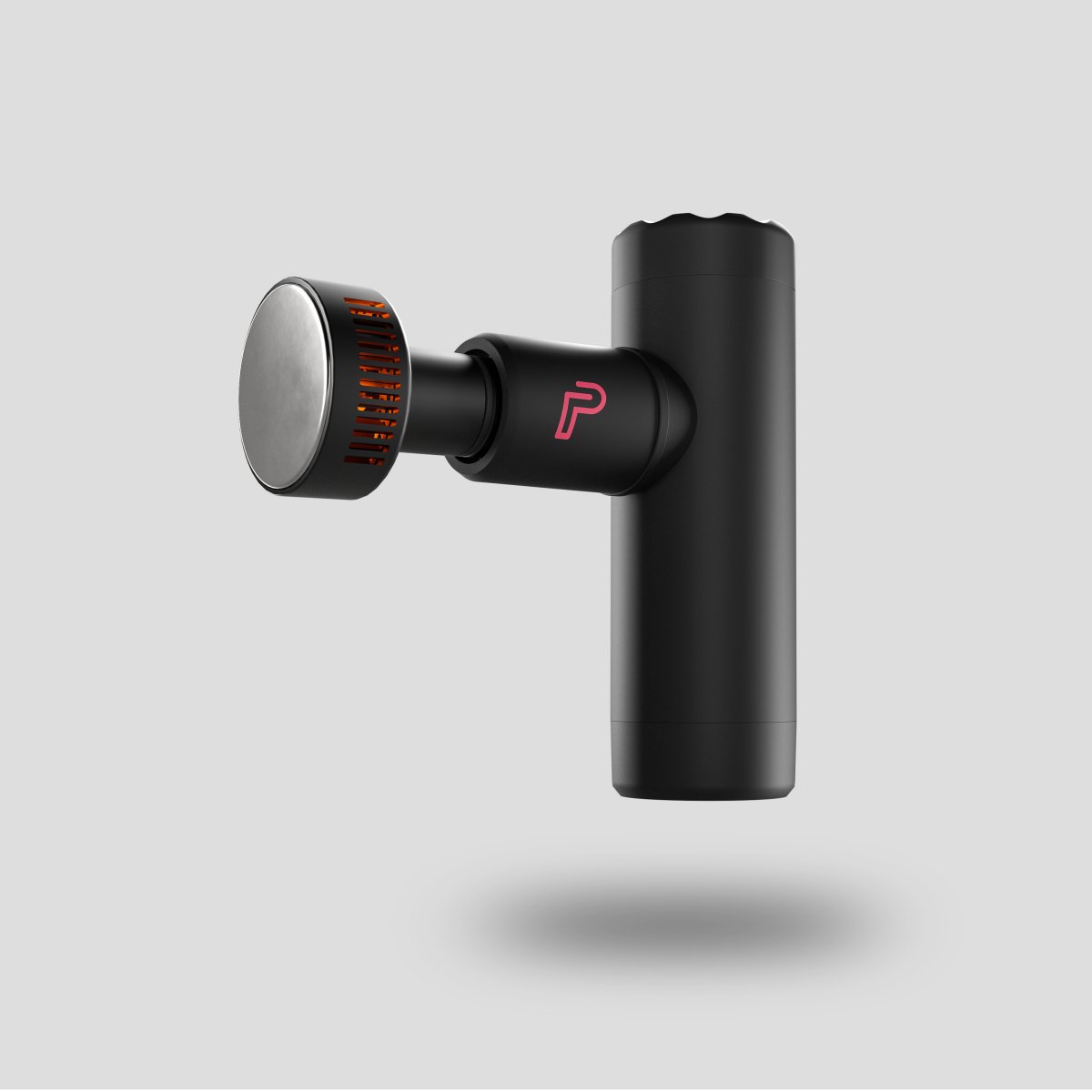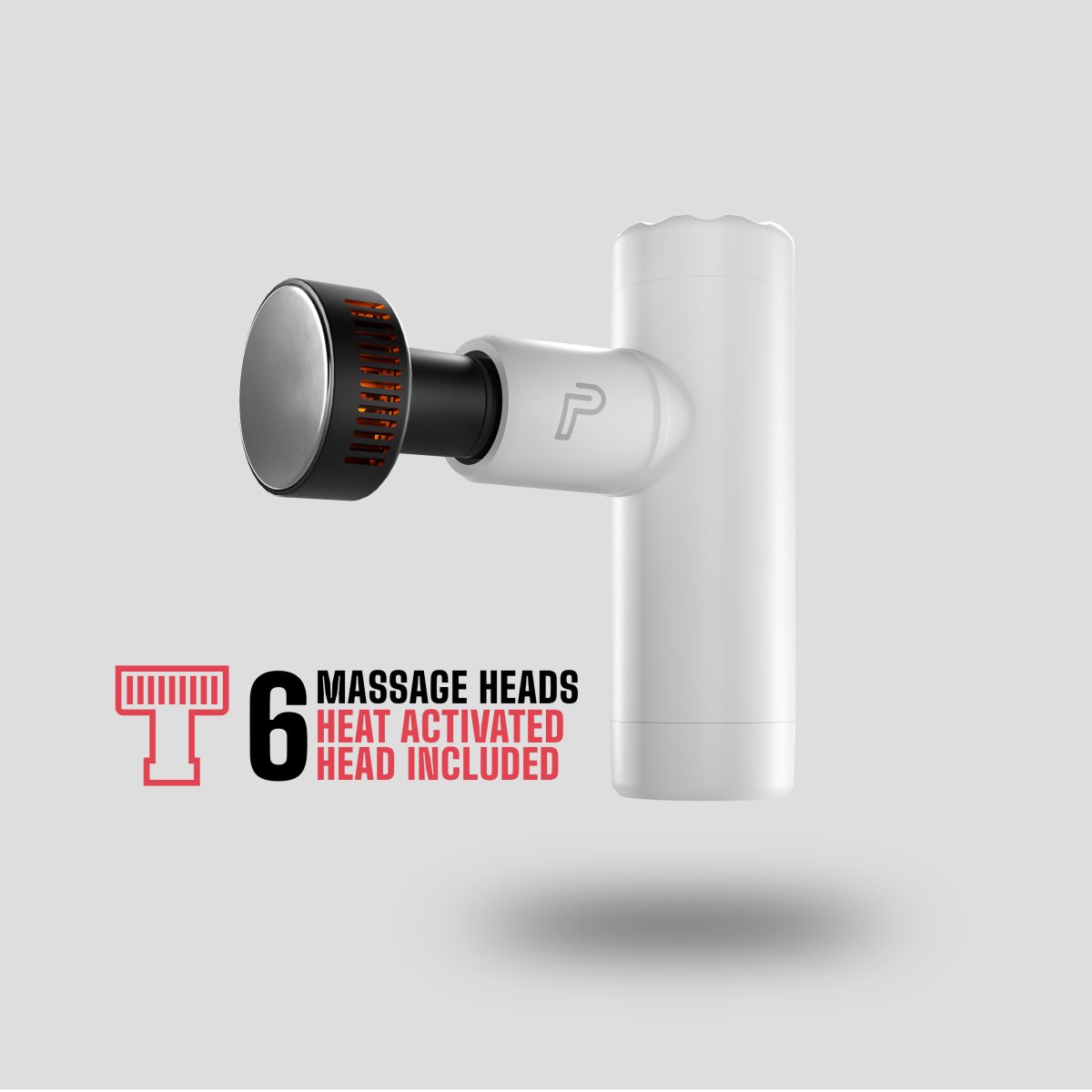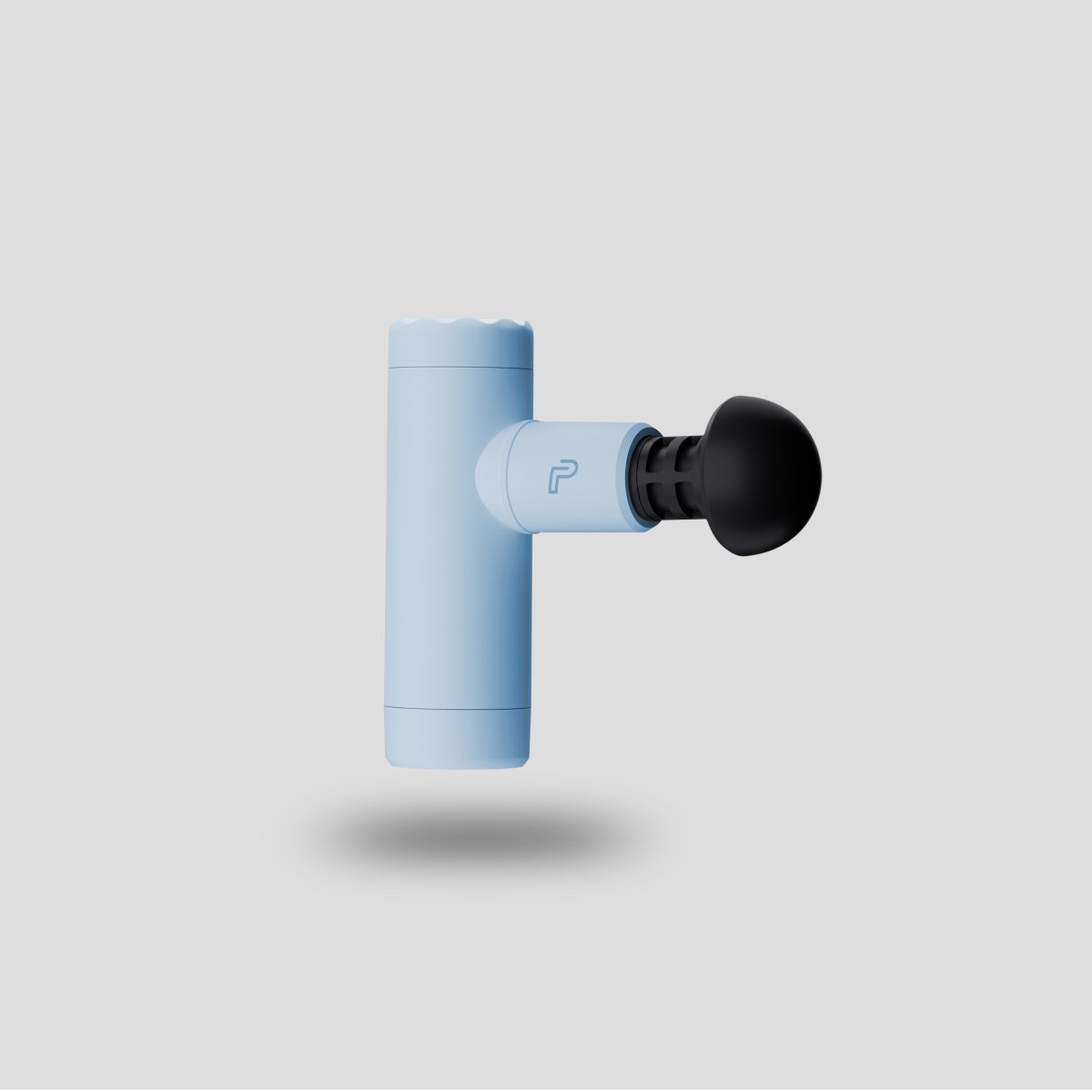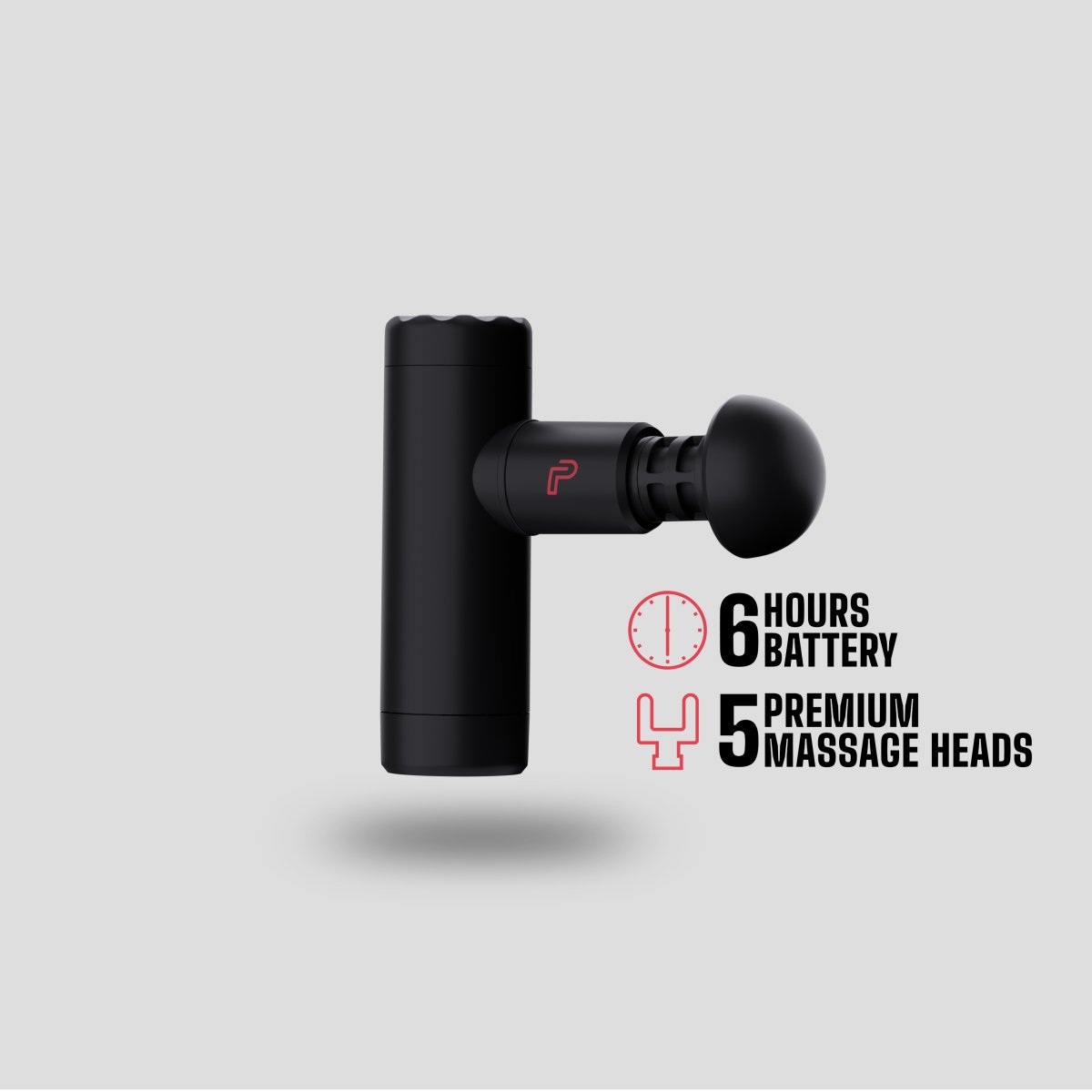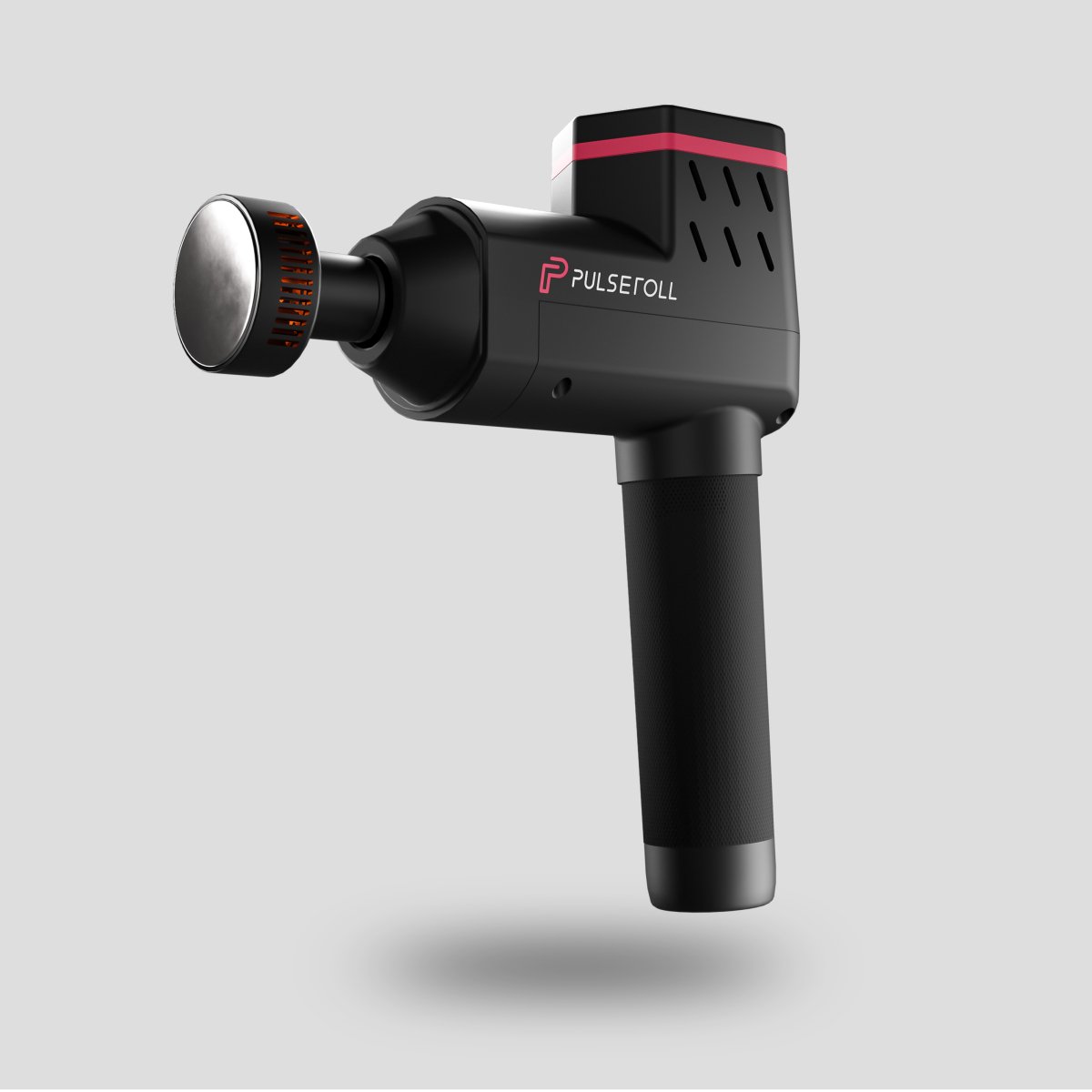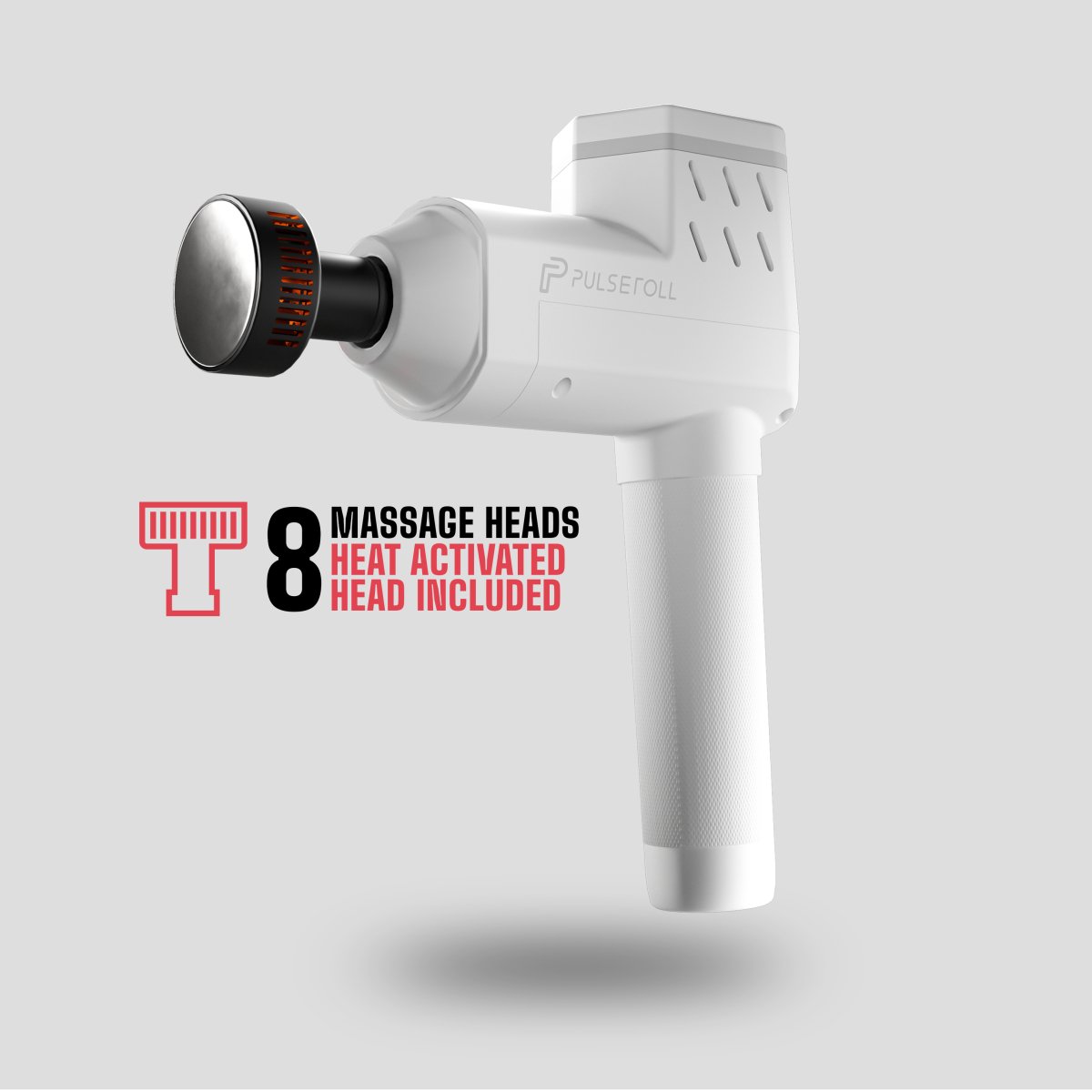Obesity is one of the main health concerns affecting people in the UK. A 2019 survey¹ found that around 28% of adults in England are classed as obese, with a further 36% being considered overweight. Unfortunately, there are a huge range of health problems associated with being overweight or obese. These range from an increased risk of type 2 diabetes and arthritis to a greater likelihood of developing coronary heart disease and even some types of cancer. And that’s before we even get to the psychological impact that carrying excess pounds can have on our confidence and self-esteem.
Unsurprisingly, many people who are overweight or obese want to try to lose weight to help them look and feel better. While diet and exercise are a tried and tested formula for weight loss, there are also some other techniques that can help, including massage. While massage may not directly cause us to lose weight, it can make developing healthy habits and lifestyle choices easier, and when these are applied consistently, it makes losing weight easier too. Here are some of the ways in which massage can help with weight loss and how we can incorporate it into our daily life.

In this article, you'll find:
Improved sleep and mood
It’s impossible to overstate the psychological benefits associated with massage. One of the key reasons for this is that massage increases the levels of positive hormones released by our body, including serotonin and dopamine, while inhibiting levels of the stress hormone, cortisol². Serotonin is sometimes known as a ‘happy hormone’ since it contributes to overall feelings of happiness and contentment. Meanwhile, dopamine can influence our general mood, sleep patterns, memory and ability to concentrate and learn.
Our overall happiness can have a direct impact on our ability to both lose weight and keep it off long term. The reason for this is that, when we are unhappy, we’re more likely to develop unhealthy habits. Nevertheless, being motivated to make healthy food choices, drink water and get exercise is extremely hard when we’re feeling anxious or low. A 2017 study³ found that unhealthy lifestyles and depression are highly interrelated, with depression increasing the likelihood of someone making unhealthy choices in their day-to-day lives.
Massage therapy for sleep
The impact of massage therapy on sleep quality is also important. Getting enough sleep is crucial for enjoying a full, healthy and active lifestyle. However, many people experience sleep disorders, from struggling to fall asleep, to waking up frequently through the night. Fortunately, massage techniques can help.
Massage helps to improve sleep in several ways. Firstly, it reduces tension and stress that may be keeping us awake. Secondly, it helps to reduce discomfort and pain by stimulating the production of natural pain-relieving endorphins and reducing inflammation. Regular massages can help to dramatically improve sleep quality so that we’re less likely to experience fatigue and associated cravings that could lead to us skipping exercise in favour of an unhealthy energy fix. We don’t even need to visit a therapist – massage techniques performed at home can be just as effective.
Regular massages can improve our mood and sleep quality, making it easier to make healthier lifestyle choices day to day.

Lower stress
Although many people will unintentionally lose weight during periods of prolonged stress, high stress levels can also prevent us from losing weight. There are primarily two reasons for which we might hold on to excess weight if we’re going through a stressful period in our life. Furthermore, being stressed causes high levels of a hormone called cortisol and being stressed can cause us to develop unhealthy behaviours. Cortisol also slows down our metabolism, making it harder to lose weight.
High cortisol levels can stall weight loss efforts
Cortisol is sometimes known as the ‘stress hormone’ since high levels are released during periods of high- or prolonged stress. Although it plays an essential role in many important body functions, from increasing blood sugar and reducing inflammation, when levels remain elevated, negative side effects can occur. These include increased appetite, mood swings and difficulty concentrating – all of which can cause us to make poor food choices which will make losing weight much harder. One study4 found an association between high cortisol levels and higher amounts of belly fat, indicating that high cortisol could lead to overeating.
Stress can lead to unhealthy behaviours
A healthy lifestyle often goes out of the window when we feel that we’re under a lot of stress. Instead, many people fall back into unhealthy behaviours, most of which can lead to weight gain unless they’re nipped in the bud. Some of these include eating more than we would normally, choosing ‘fast’ food, which is usually higher in fat, salt and sugar, skipping proper meals in favour of snacking, and doing less exercise.
Massage for stress reduction

Fortunately, massage is one relaxation therapy that has been shown to be particularly effective at helping to reduce stress.5
Stress often causes tension to build within the muscles. However, massage techniques can eliminate the tightness caused by stress as well as prompt the release of positive hormones including endorphins, serotonin and dopamine. This combination reduces feelings of stress and anxiety that could be making it hard for us to lose weight.
There are various massage techniques that are particularly helpful at reducing stress levels. Swedish massage is the most common, which uses gentle pressure on the soft tissues to release areas of tension. If we can’t visit a massage therapist, we can achieve the same results at home using massage products such as massage guns or foam rollers, available from Pulseroll.
Boost your metabolism
Metabolism refers to the internal process that changes the food we eat into energy (calories) that we burn to function day to day. The higher our metabolism is, the more calories we burn, even when we’re simply resting. A high metabolism means that we need to consume more calories to sustain our weight.6 However, if we maintain a healthy, balanced diet and don’t consume those extra calories, we should find that it’s easier to lose weight.
Regular massages improve our circulation, sending more nutrient and oxygen-rich blood around our body that makes all our body systems function more effectively, including our metabolism. As we know, massages have also been proven to reduce stress, which in turn helps to speed up our metabolism and support our weight loss goals.
Improve your digestion
Many people are surprised to learn that stress can directly affect how our body processes nutrients. This means that, even if we’re making healthy food choices, high levels of stress could be negatively impacting our digestive system, preventing us from getting the maximum nutrition from our meals and making it harder for us to lose weight. This is because stress can cause poor digestive function, bloating, pain and constipation.
As we know, massage stimulates blood circulation, which in turn helps the body’s systems to function more efficiently. This includes the digestive system, which is responsible for breaking down the food that we eat and processing waste. Stimulating the digestive system helps the stomach to produce the acids needed to break down food into smaller particles so that it can be absorbed properly.
Abdominal massage
Experts recommend that abdominal massage is performed in a smooth, circular motion that mimics the flow of the natural digestive system.7 While we can do this manually, using our fingers and the palms of our hands, you could also consider using a tool to help. Pulseroll’s vibrating massage ball naturally lends itself to this technique and has a low massage setting to ensure that the pressure is kept at a comfortable level.
Regular massage, performed in a clinic, using specialist equipment at home, or even manually is a great way to boost our weight loss efforts and leave us feeling fitter, healthier and happier than before. Kickstart your weight loss program today with massage performed in the comfort of your own home - check out the Pulseroll product page right now!
Find out more about how our products can help you to relieve stress and sore muscles. We also have an excellent guide on the ultimate muscle recovery food.
Reference list
1 NHS (2020). Health Survey for England 2019 [NS]. [online] NHS Digital. Available at: https://digital.nhs.uk/data-and-information/publications/statistical/health-survey-for-england/2019.
2 Field, T., Hernandez-Reif, M., Diego, M. and Schanberg, S. (2005). (PDF) Cortisol decreases and serotonin increases following massage therapy. [online] ResearchGate. Available at: https://www.researchgate.net/publication/7601376_Cortisol_decreases_and_serotonin_increases_following_massage_therapy.
3 Cabello, M., Miret, M., Caballero, F.F., Chatterji, S., Naidoo, N., Kowal, P., D’Este, C. and Ayuso-Mateos, J.L. (2017). The role of unhealthy lifestyles in the incidence and persistence of depression: a longitudinal general population study in four emerging countries. Globalization and Health, 13(1).
4 Steptoe, A., Kunz-Ebrecht, S.R., Brydon, L. and Wardle, J. (2004). Central adiposity and cortisol responses to waking in middle-aged men and women. International Journal of Obesity, 28(9), pp.1168–1173.
5 Meier, M., Unternaehrer, E., Dimitroff, S.J., Benz, A.B.E., Bentele, U.U., Schorpp, S.M., Wenzel, M. and Pruessner, J.C. (2020). Standardized massage interventions as protocols for the induction of psychophysiological relaxation in the laboratory: a block randomized, controlled trial. Scientific Reports, [online] 10(1), p.14774. Available at: https://www.nature.com/articles/s41598-020-71173-w [Accessed 23 Nov. 2021].
6 Harvard Health Publishing (2015). Does Metabolism Matter in Weight Loss? - Harvard Health. [online] Harvard Health. Available at: https://www.health.harvard.edu/diet-and-weight-loss/does-metabolism-matter-in-weight-loss.
7 Michigan Bowel Control Program -1 - Abdominal Self Massage. (n.d.). [online] Available at: https://www.med.umich.edu/1libr/MBCP/AbdominalSelfmassage.pdf.






